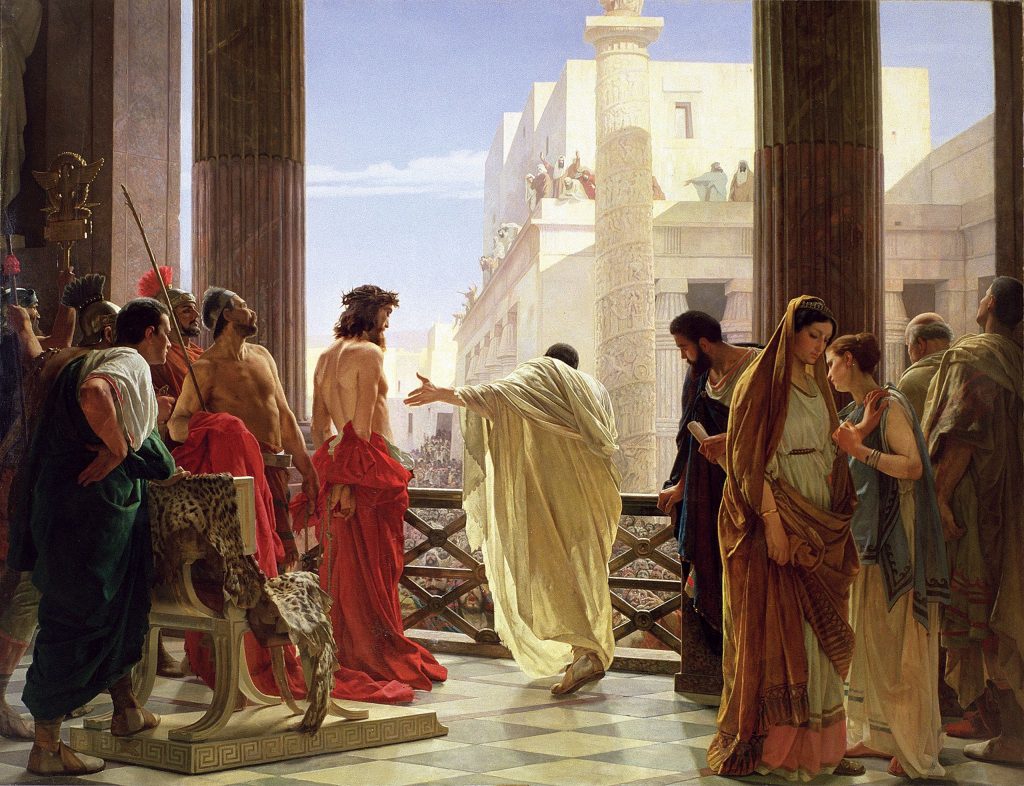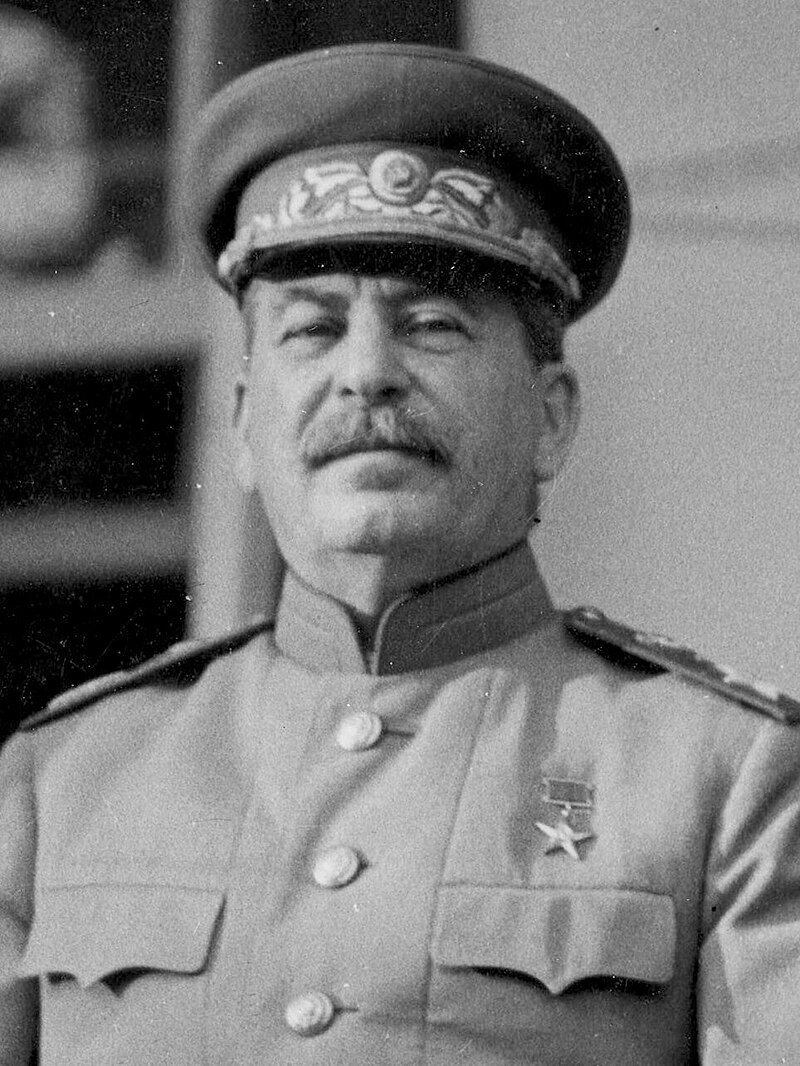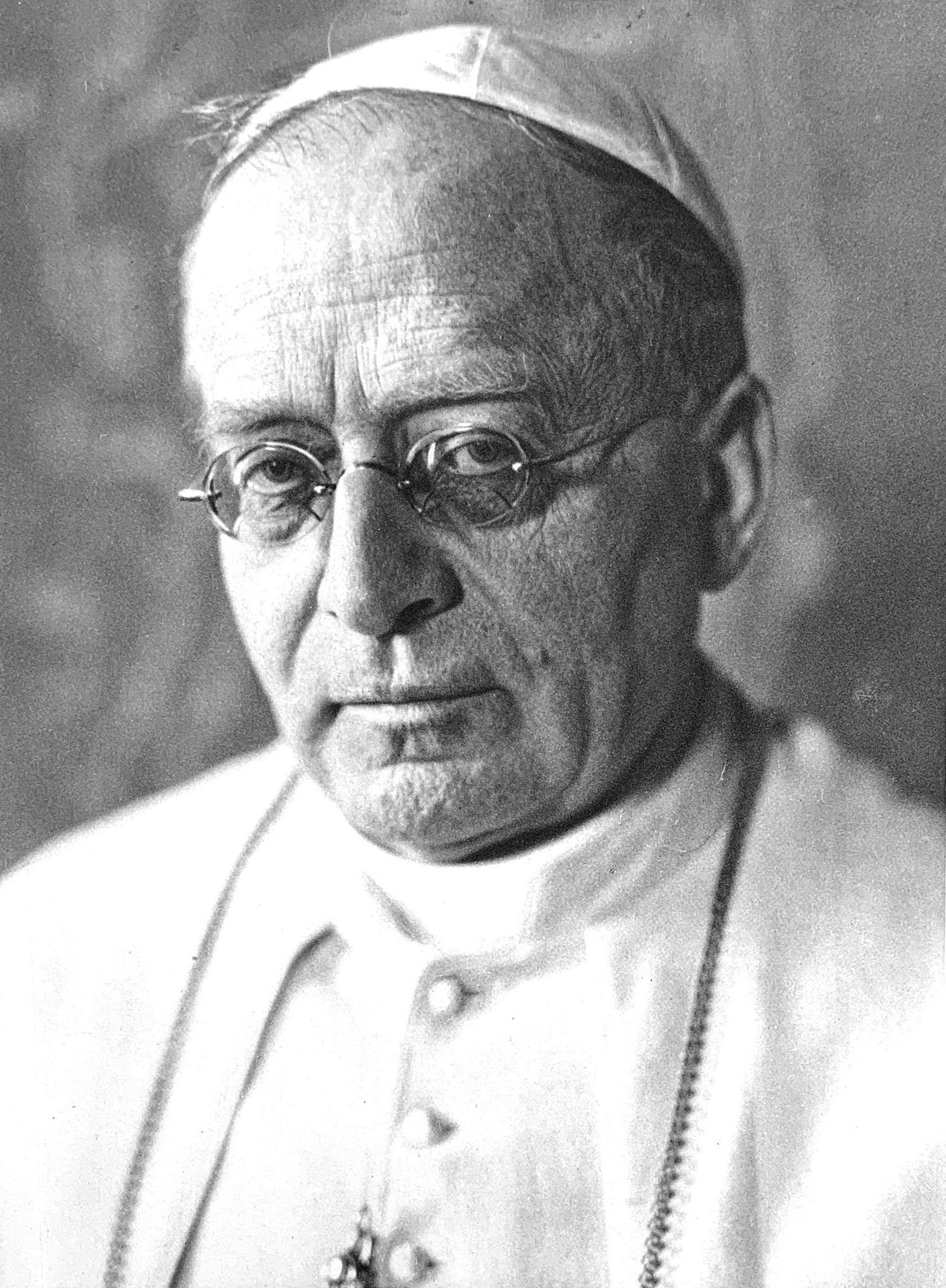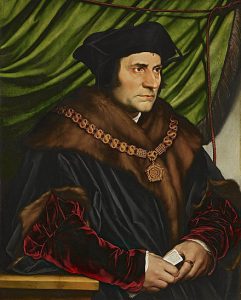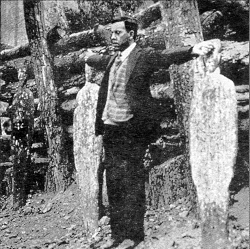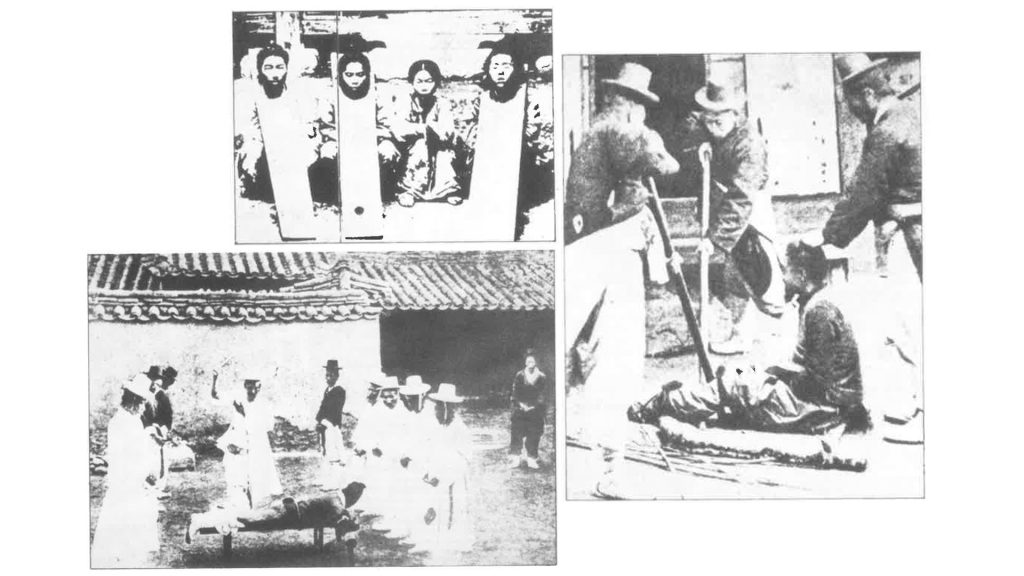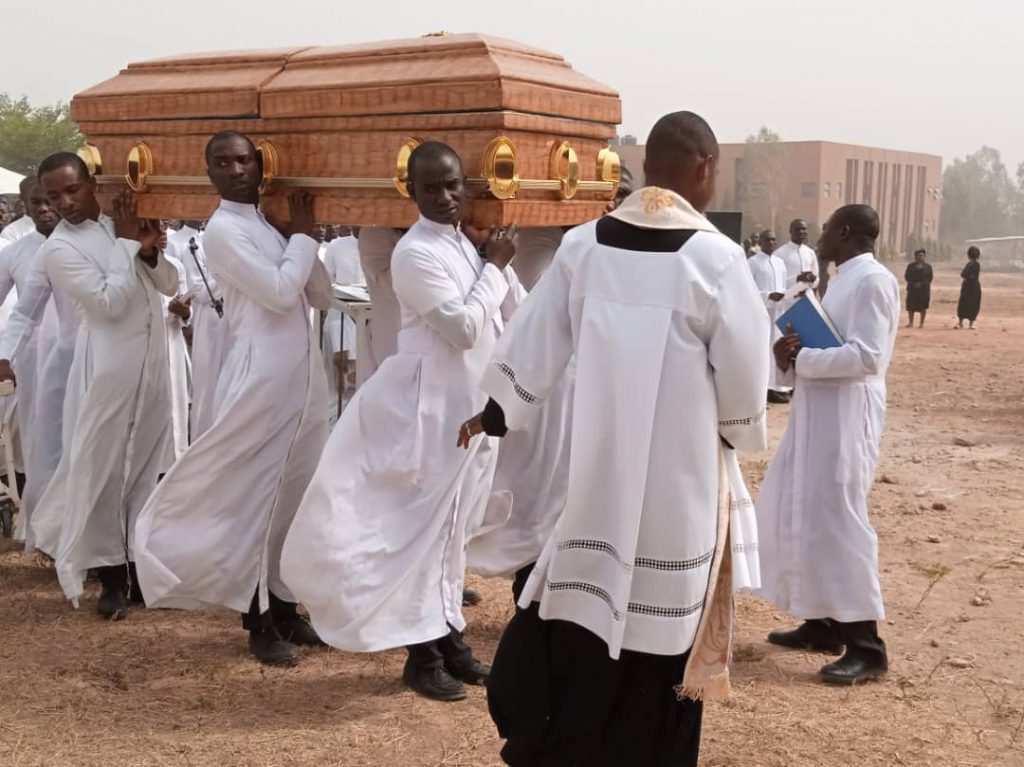Most of us know that today is our Christ the King Challenge, where we celebrate that Jesus has made us the center of His life and have a chance, once a year, to answer if we’ve made Him the center of our lives. Please remember that our answer is not done to please our family, me, or anyone else; no matter our answer, Jesus says He loves us to the end (Cf. Jn 13:1).
So, please put up your hand if you’ve made Jesus the center of your life. If He’s not the center, put up your hand if you want Him to be. Finally, if you’ve made Him the center, did you do so for the first time in your life in the past 12 months? Praise God! Thank you, everyone!
Now let’s meditate on who we will become when we make Jesus the center, and it has to do with telling the truth and telling lies.
Last Thursday, I went to have my bloodwork done, and as the technician finished drawing blood, I thanked her for doing a great job. Hearing this, she asked me to leave her office a review online, and I said that I don’t know how, which was an excuse. Then she gave me a card with a QR code to do it. So, I said that I never leave reviews online, which is true, but then I added that I don’t keep up with technology, which is partially true but more of an excuse. If I had been truthful, I would have said, ‘I’m sorry. I just don’t have time to leave a review.’ As soon as I walked out, I kept on wondering for the whole day why I lied.
Before we meditate on Jesus’ kingdom being a kingdom of truth, could we just reflect on two realities: 1) how often we lie, the gravity of our lies, and how much they bother us (Of course, it’s a good sign when our lying bothers us); 2) who in our life lies to us? (Hopefully, thinking about that will motivate us not to lie ourselves.)
Here’s the scene for today’s Gospel: Jewish soldiers had arrested Jesus on Thursday night in the garden, tried him before their supreme court, and now, on Friday morning, bring him before the Roman governor, Pontius Pilate, for execution.
The Gospel today begins after an initial dialogue between Pilate and the Jewish leaders: “Then Pilate entered the headquarters again, summoned Jesus, and asked him, ‘Are you the King of the Jews?’” (Jn 18:33). The first thing to note is that Pilate knows Jesus’ accusers are lying: They designate Jesus as a criminal but Pilate knows He hasn’t broken any Roman law. So, he questions Jesus, trying to ascertain what’s going on.
Second, Jesus responds to him with a question, “Jesus answered, ‘Do you ask this on your own, or did others tell you about me?” (18:34). This is because, as we’ve pointed out before, though Pilate is the judge and Jesus is arrested, Pilate is actually the one on trial. In St. John’s Gospel, there are many references to Jesus’ being the light, and the choice that all humans have is either to prefer light or prefer darkness.
In preparation for this homily, I was thinking that it bothers me when I ask people a question and some give me the answer they think I want to hear. Actually, I would prefer the truth, but then, God the Father gave me a grace on Thursday revealing that I still choose darkness when I make excuses. As we move closer to Jesus and make Him the center of our lives, we start to prefer light and hate the darkness. We hate even white lies, because white lies are still lies. This doesn’t mean we don’t sin, just that we take sin more seriously.
Third, “Pilate replied, ‘I am not a Jew, am I?… What have you done?’ Jesus answered, ‘My kingdom is not from this world. If my kingdom were from this world, my followers would be fighting to keep me from being handed over to the Jews’” (18:35-36). This is amazing: Jesus claims He has a kingdom yet no one’s fighting for Him! His kingdom is powerless, in a worldly sense, but, actually, it’s the strongest.
Many of us know this man, Joseph Stalin, who famously said in 1935, “The pope! How many divisions has he got?, meaning that Pope Pius XI had no military strength. Stalin was leader of the Soviet Union, the second most powerful nation in history, having invaded 15 countries and killed millions of people, but his socialist empire fell apart in 1991 because it was founded on lies. Also, Stalin’s last name was originally Jughashvili, but he changed it to ‘Stalin,’ from the Russian word for ‘steel,’ indicating that he was a man of steel.
- Joseph Stalin (Iosif Djugashvili)
- Pope Pius XI
The reality is: Lying makes us weak; it’s a sign of our weakness; the more we lie, the more we lose ourselves. Whereas the truth makes us strong; it gives us the power to love and overcome evil.
Fourth, if Jesus’ kingdom is not of this world, how does one enter it? By living in the truth. Jesus concludes, “For this I was born, and for this I came into the world, to testify to the truth. Everyone who belongs to the truth listens to my voice” (18:37). Jesus came from heaven, which is full of truth, to earth, which is a mixture of truth and lies, to reveal the truth about God and us. So, the more we live in the truth, the more we enter His kingdom.
Compare this to our culture: Almost everyone lies and everyone’s okay with it. Most of our leaders and politicians lie. Abortion is founded on the lie that preborn children aren’t persons; transgenderism is founded on the lie that we can change our sex.
But, Jesus’ kingdom is full of truth. St. Thomas More died because he spoke the truth about the divorce and remarriage of King Henry VIII.
Bl. Miguel Pro lived the truth of being a priest in Mexico.
The Korean martyrs spoke the truth about being Christian. I want to become like that!
So, here are three simple actions that we might want to consider: 1) It’s one thing to lie accidentally, but the closer we get to Jesus, the more we want to promise Him that we’ll always try to speak the truth. 2) Whenever we’re late for an appointment or don’t get something done on time, it’s best to say, ‘It’s my fault. I’m sorry. It won’t happen again.’ 3) The comedian Jim Gaffigan, who’s a practicing Catholic, has a funny skit on lying, and mentions how we often don’t reply to invitations with the truth; we never say, for instance, ‘Completely available. Just don’t want to go.’ However, rather than worrying about hurting someone’s feelings, it’d be better to think over our response and say, ‘Thanks for the invitation. Could you tell me what’s involved? Because I’m just not that interested in going.’ Likewise, when people decline our invitations, we should graciously accept it.
Finally, after the homily, if you’re able, please, to fill out our Christ the King cards, that would be great. Thank you.
Jesus’ kingdom is a kingdom of truth. When we pray in the Our Father, ‘Thy Kingdom come,’ we’re asking that we may live in and speak the truth.
In January, 2020, four seminarians in Nigeria were abducted by Muslim extremists. They were seized at gunpoint, taken into the bush, and, for two weeks, were forced daily to call their families on the phone while being beaten. What has always struck me about this story is that one of the seminarians, Michael Nnadi, was executed because he taught one of his kidnappers the ‘Our Father.’ Three days later, the other seminarians were released, and they credit that to Michael’s martyrdom. The picture we’re seeing is of his funeral. Imagine how spiritually, morally, and psychologically strong that seminary is!
Michael’s death illustrates our main points today: He spoke the truth about Jesus and our faith. And, though he seemed powerless, he was strong. He lived in Jesus’ kingdom because he lived the truth in love.


